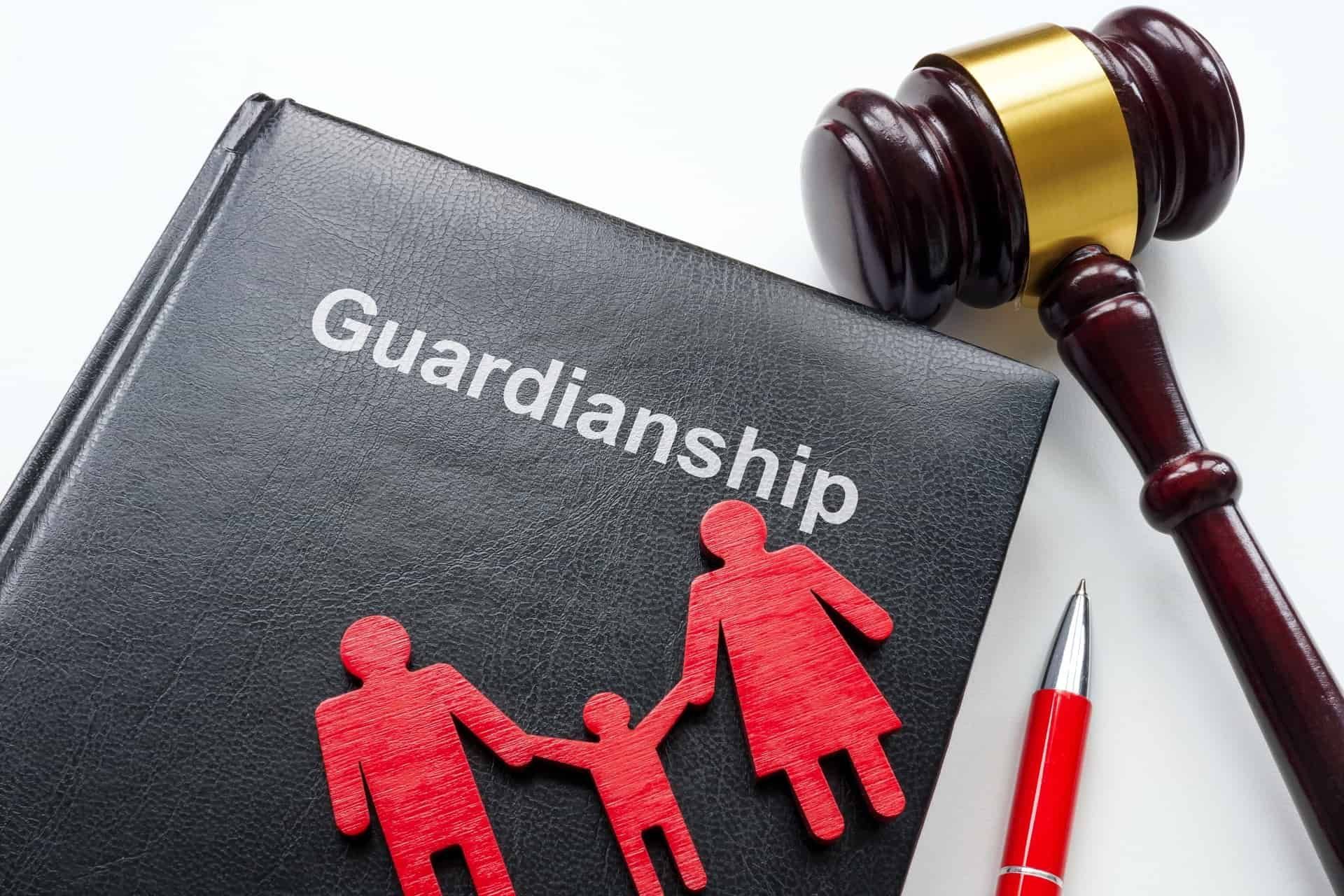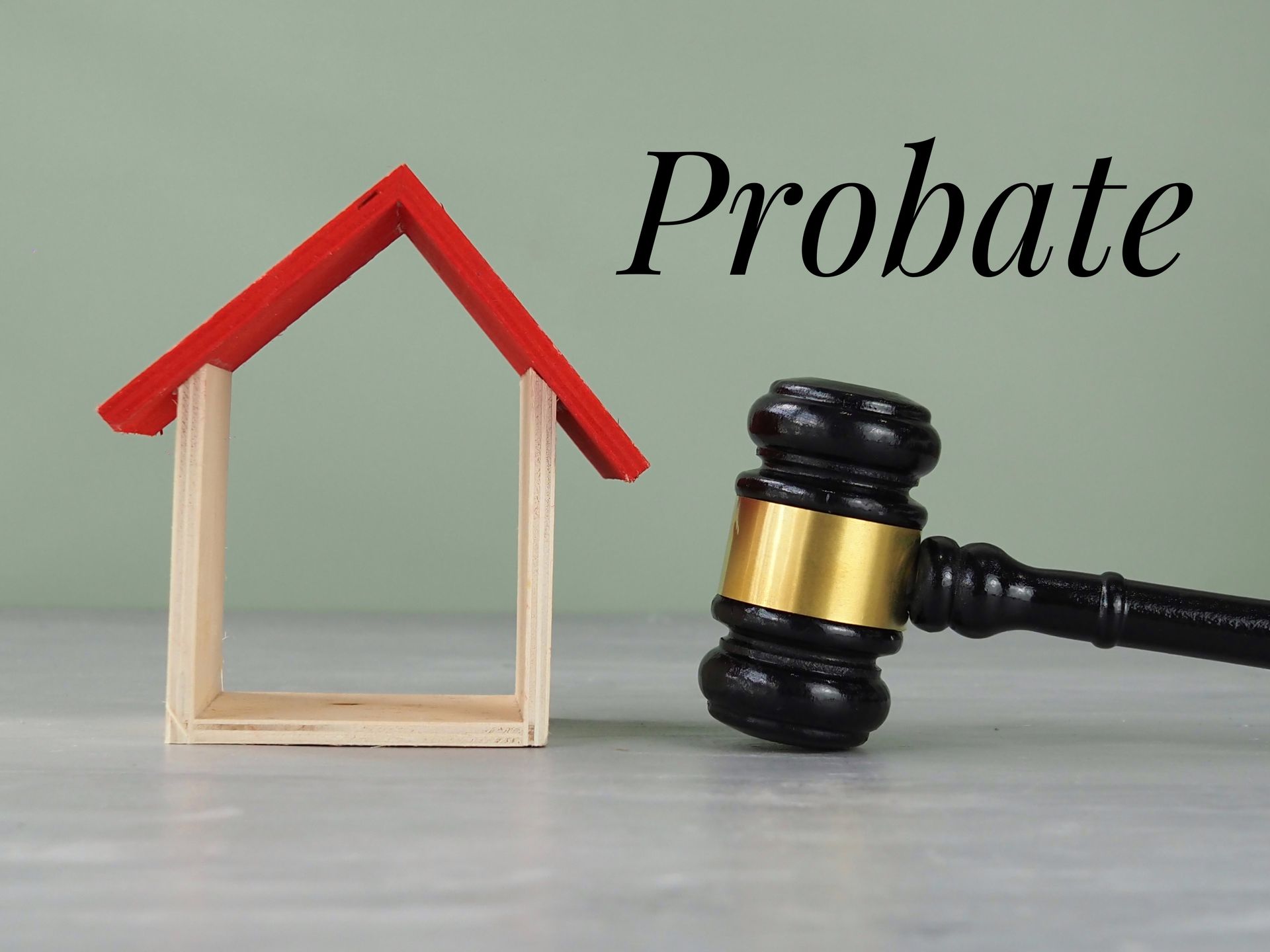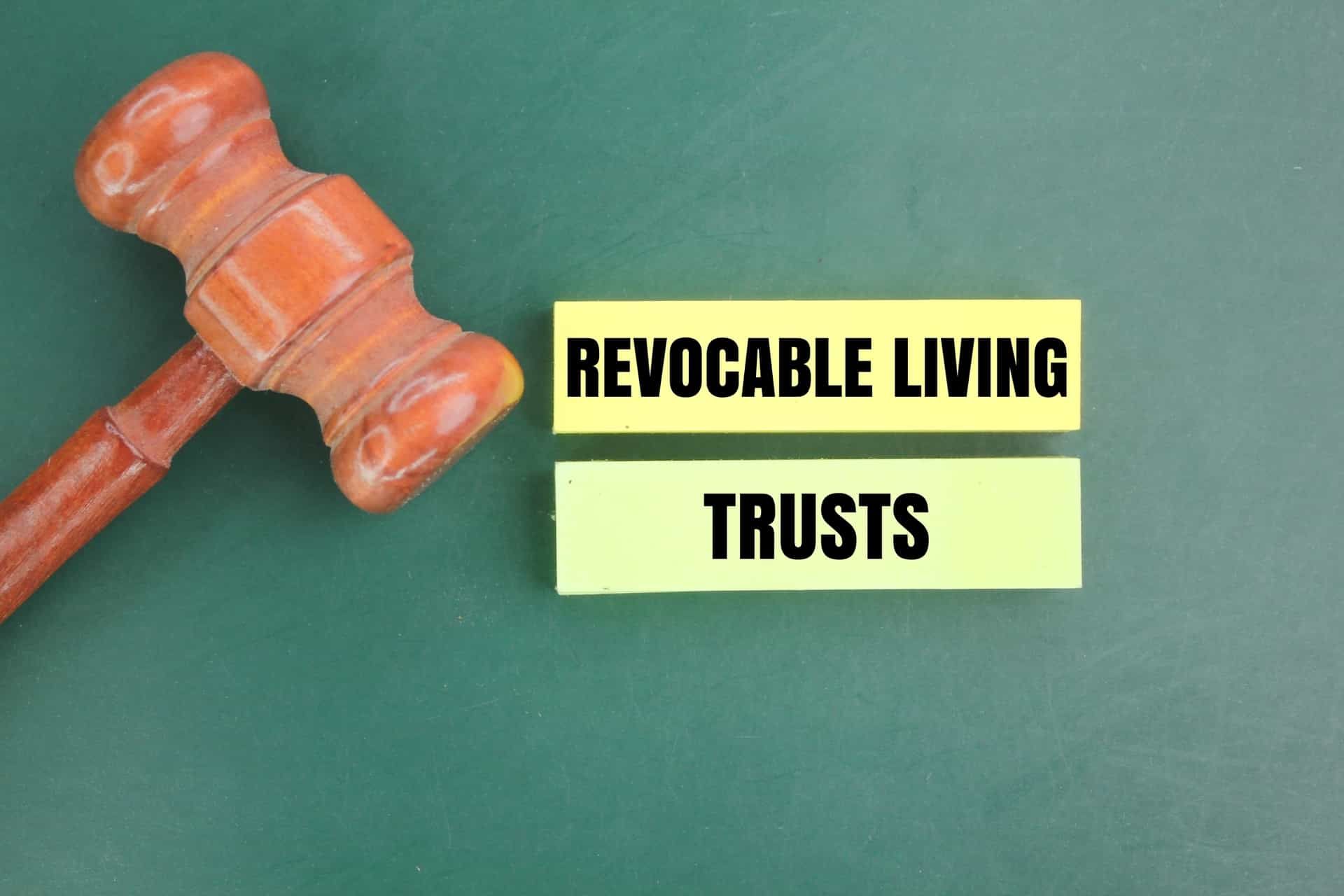Property, Probate, and a Downside to Summary Administration?
You may have a family member who was an artist, a free spirit, who never owned a lot of assets. She seemed to always be living in a different place. She may have been your favorite aunt, the cool family member who treated you more like an adult than any other person when you were a kid. She was the person you could tell anything to, and you knew that you would always get an honest answer.
Handling Affairs for a Deceased Family Member with Few Assets
It is possible that circumstances are such that as you get older, you are given the responsibility of sorting out your aunt’s affairs when she passes away. You will probably have a lot of questions about the property, about the best probate process given that she did not accumulate many assets, and about what you need to file to resolve her affairs.
In that situation, you need the guidance and advice of an expert probate attorney . At Doane & Doane, we will have your back. We have spent many years handling both complicated and simple estate matters, with high-net-worth and low-net-worth estates.
If you find yourself in a situation similar to the above, where you are responsible to resolve an estate for a family member who has limited assets, then Doane & Doane can help you. We can handle the case and ensure that you are able to make informed choices. For a free consultation, we invite you do give us a call at 561-656-0200. Let us help you help your favorite aunt. We know how important she was to you.
In this blog, we will discuss a little about asset limits and the types of proceedings available in Florida courts, one of which may be a streamlined “summary administration” process. But, we will delve into some of the downsides of summary administration in Florida .
What Types of Property Need to Go Through Probate?
Given that we are discussing your favorite aunt’s limited estate, you may be wondering if there are any types of property that do not go through probate. The answer to that is actually very little.
Any asset, whether it is real estate, bank accounts, stocks, bonds, or personal property needs to go through probate if it is in the deceased’s name or owned by the deceased. The only property that does not go through probate would be an account, such as an IRA, where the owner is able to name a beneficiary on the account. In addition, any asset that the deceased jointly owns will not need to go through probate. That asset would just immediately pass to the other joint owner, based on the rules involving joint ownership.
That said, all other types of property will need to go through a probate process in Florida.
What is the Maximum Amount of Real Property that can be Administered Without Probate?
In Florida, there is no maximum amount of real property that can be administered without probate. If the deceased has real estate assets that total under $75,000, then the probate process is a much simpler, a shorter process called summary administration. But, summary administration is still a type of probate process. Of course, if your aunt’s real estate holdings are greater than $75,000 – and you never know, sometimes family members can surprise you with their holdings – then the estate needs to go through formal probate.
What is the Maximum Amount of Personal Property that can be Administered Without Probate?
As with real property, there is no maximum amount of personal property that can be administered without probate. Also as with real property, if the assets in total are less than $75,000, then the estate can go through the summary administration process. But, as with real estate holdings, you must go through a probate process for any personal assets.
Is there a Downside to Summary Administration?
We are now assuming for the sake of discussion that your aunt’s total assets, combining real estate and personal property, is less than $75,000. That means that resolving your favorite aunt’s estate will be simple, right? All you need to do is go through Florida’s streamlined, one-day, summary administration proceeding? Not so fast.
You have likely heard that formal probate can be a challenging, time-consuming, and expensive process. Such a process will likely have a hefty dollop of frustration along the way. Will summary administration solve all of those woes? Well, yes and no.
It is true that summary administration is a faster, cheaper process. Yet there are some drawbacks.
The first big drawback is that there is no personal representative appointed by the court. Unlike a formal probate, the court relies on the petitioner (you) without the assistance of a personal representative . The problem is that a petitioner does not have the same ability to inquire, collect, manage, or dispose of assets in the same manner that a personal representative would.
That means that your favorite aunt may have additional assets that you may not know about when trying to resolve the estate. And as petitioner, you do not have the ability to inquire to find out about possible other assets.
Summary Administration Florida
In addition, summary administration may also not be a good option if there is a wrongful death lawsuit out there that must be prosecuted by a personal representative. Or, a personal representative may be required to answer for certain IRS tax liens owed by your favourite aunt. If there is property in foreclosure, then you would also need the assistance of a personal representative.
So, at first blush a summary administration for your favorite aunt’s estate may seem like a viable option, yet there could be a number of speed bumps ahead that make a formal probate process, with a personal representative much more advantageous.
Get the Help of Probate Experts, Doane & Doane
At Doane & Doane we have been able to make sure that our clients make the best choice for the estate they need to handle at the outset. We can have an in-depth discussion on whether summary administration is the right option for your circumstances, or whether formal probate will actually save time and aggravation in the long run.
With years of probate experience under our belts, we at Doane & Doane are eager to help you with any type of estate issue. Please call us today at 561-656-0200.
Disclaimer: The information on this website and blog is for general informational purposes only and is not professional advice. We make no guarantees of accuracy or completeness. We disclaim all liability for errors, omissions, or reliance on this content. Always consult a qualified professional for specific guidance.
RECENT POSTS






